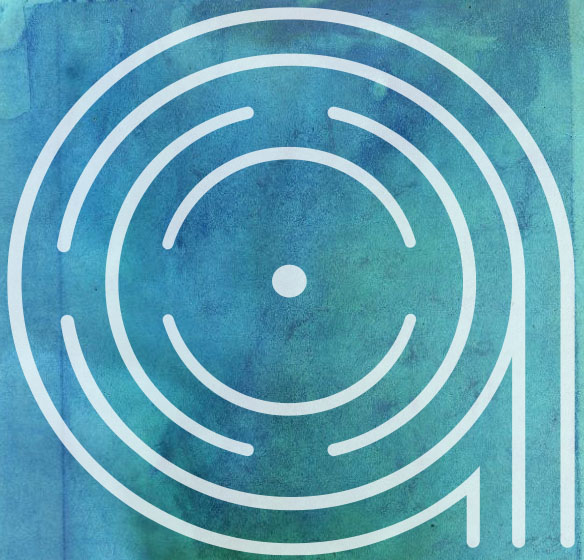If you follow us online, you already know that the Adne Institute has psychiatrists who specialize in the cross-section of women’s reproductive health and psychiatry, including postpartum depression, as well as therapists skilled in treating PPD. Postpartum depression has been increasingly recognized as a significant health concern and breaking down the stigma around it has resulted in more women being comfortable getting treatment.
If you suspect a new mother in your life has postpartum depression, be encouraged to know there are ways you can help. Just being knowledgeable of how prevalent it is already helps the new mother in that someone is aware she may be struggling in this area. The “baby blues” is an extremely common emotional reaction that occurs in the first couple of weeks after giving birth, often concentrated around day 4 or 5. 70-80% of mothers experience baby blues which are characterized by feeling sad, anxious, lonely and stressed while adjusting to the new baby and all the changes that come with that. For about 1 in 7 women, though, the symptoms don’t alleviate within the first two weeks and morph into postpartum depression or anxiety, a condition that is much more persistent.
So what can you do if you suspect a friend or loved one may have postpartum depression?
* Ask about her more than the baby. Typically, so much of the focus is on the new baby that the mother may feel that she is no longer seen or valued. Focusing on her allows her to express her emotions and how she’s feeling about all the changes and encourages her in knowing she’s not alone. Don’t be afraid to ask the tough questions. Ask how she feels about the baby, and if she particularly seems to be struggling, ask if she’s had any thoughts of hurting herself or the baby. Asking this doesn’t introduce such ideas to the mother, but rather gives her an opportunity to voice disturbing thoughts that she is otherwise unlikely to mention. Reassure her that feeling depressed after the birth does not mean she doesn’t love her baby, a common misconception that increases a mother’s feelings of guilt.
* Encourage her to seek professional help, either medication or therapy or both. Postpartum depression or anxiety often doesn’t improve spontaneously and can be severe, endangering both the mother and baby. Encourage her to talk to a professional about it. Treatment has high rates of success.
* Rather than vaguely stating “let me know if you need anything”, simply provide concrete help. Bring food over, do the dishes while you’re there and offer to take care of the baby or older children so she can get a break for a few hours or a nap. The transition to parenting a new baby is often overwhelming, complicating any feelings of depression or anxiety. If the mother can experience support in concrete ways, it goes a long way towards feeling less overwhelmed.
If you or a loved one may have postpartum depression, contact us at the Adne Institute for further help during this crucial time of life.


